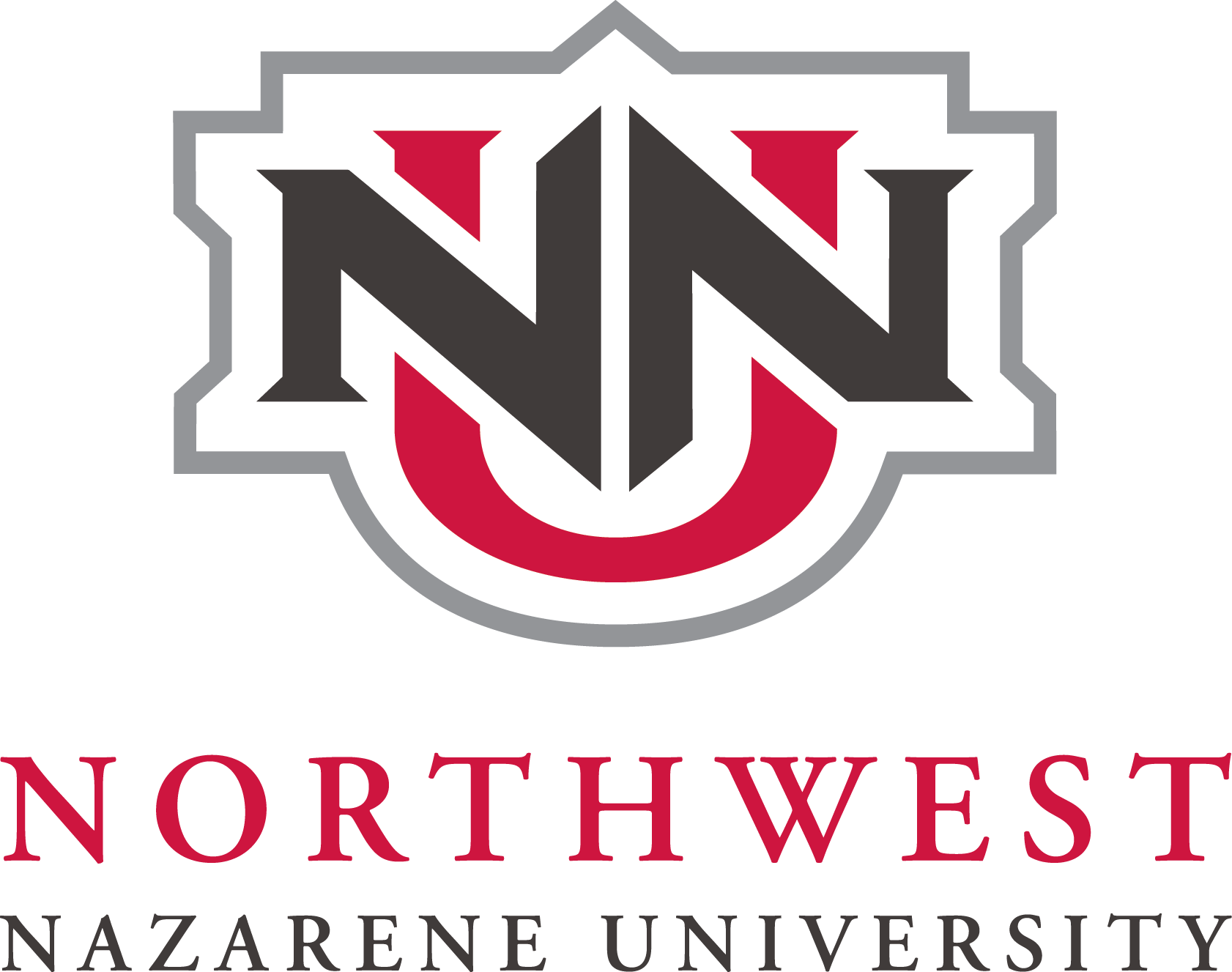A Comprehensive Guide
Beginning your journey to a graduate degree is more than just filling out paperwork and online research about programs. You might not realize it, but a physical visit to a university is just as important when deciding on a graduate program as it was when you chose your undergrad school. The experience of being in the environment can’t be overstated. But choosing a graduate school requires a different strategy.
Key Differences Between Undergraduate and Graduate School Visits
Remember when you were choosing an undergraduate school? The college “experience” was probably very important to you, and rightly so. Campus visits generally include things like dorm life, social events and athletics to help you understand what it is like to attend the school. Undergrads usually seek a bird’s eye view of student life during a visit to determine whether a school is a good fit for them. Obviously, academic programs are a key part of this, but you probably mostly asked, “Is this school a good fit for me?”
“Is this school a good fit for me?” is also an important question for you as a graduate student, but the reasons differ. Graduate school visits are more purpose-driven and academic-focused. Now, you have specific interests and goals that drive your selection of a school. You are seeking specialized training, expert faculty in your area of interest and resources to help you reach your goals. Plus, you still want to make sure the university aligns with your needs, values and long-term plans. None of those can be done through a computer screen.
How to Maximize Your Graduate School Visit
First, be strategic. Here are some suggestions:
Research. This is where online research is most beneficial. Analyze each school you are considering. What are their program offerings? Who are their faculty? What facilities are available? Are there funding options? Make sure you only visit schools that align closely with your own academic goals and/or research pursuits.
Attend Info Sessions. You might be tempted to just schedule a visit and show up at the school. But take advantage of regularly scheduled information sessions prior to your visit. Most grad schools have them, and they will provide insight into the admissions process, give you detailed program information and let you know about resources that will be available to you as a grad student. NNU has a no-pressure, face-to-face or virtual option. Find out more and register here.
Ask Lots of Questions. Your grad admissions counselor is there to help you! If they don’t know the answer to your question, they will know where to find it. Consider questions like:
- What are the program’s strengths and areas of specialization?
- What opportunities are available for funding, scholarships and assistantships?
- How does the program support graduate student research and professional development?
- What resources are available for academic and personal support, such as advising, counseling and career services?
- What is the average time to degree completion, and what support is provided to help students progress toward graduation?
- Can you provide information about the department’s faculty, their research interests and potential for collaboration?
- How diverse is the graduate student body, and what initiatives are in place to promote inclusion and equity?
- What is the typical workload and expectations for graduate students in terms of coursework, teaching and research?
- Can you describe the department’s alumni network and career outcomes for graduate students?
- How does the department foster a collaborative and supportive learning environment among graduate students and faculty?
Meet with Faculty. It is perfectly acceptable (even welcomed) to contact faculty members whose interests and experience align with yours. You can work with your admissions counselor to arrange this. Engage in meaningful discussions about their research, explore collaboration opportunities and ask them how they characterize the graduate student experience in their department.
Check Out the Facilities. Especially if research is a significant component of your graduate studies, make sure to visit labs, libraries or other areas relevant to your field. Consider the quality and accessibility of resources for your particular interest.
Network. During your visit, see if you can connect with other grad students in your field. Ask them about their experience, research and interactions with peers and faculty. They are an unfiltered resource!
Explore the Area. If you are relocating for your graduate studies, make sure you consider the surrounding community. Look at cost of living, cultural amenities and proximity to industry as part of your assessment.
Reflect. Take detailed notes during your visit. Record your impressions, questions and takeaways. Then, reflect on your experiences and compare the strengths and weaknesses of each program.
Relax. Sure, the decision to attend graduate school is a big one, and where you go is important, but if you approach each visit with an open mind, be curious, ask meaningful questions and do your research, you will be set up for success. You will get that degree and go on to attain your goals!








